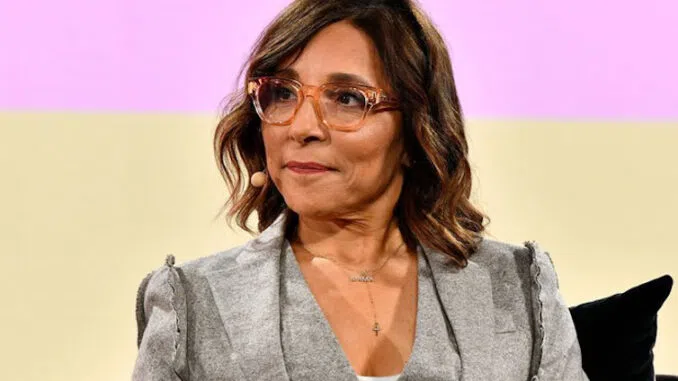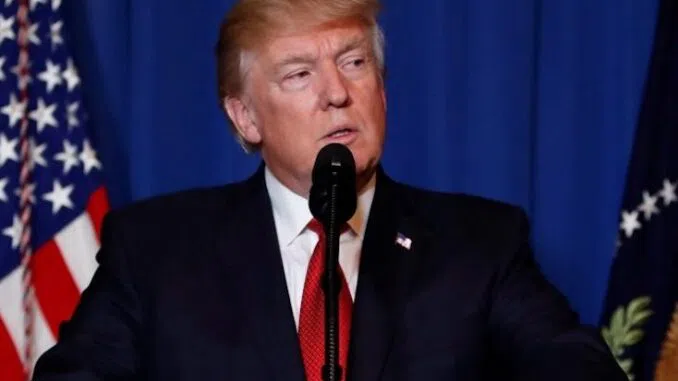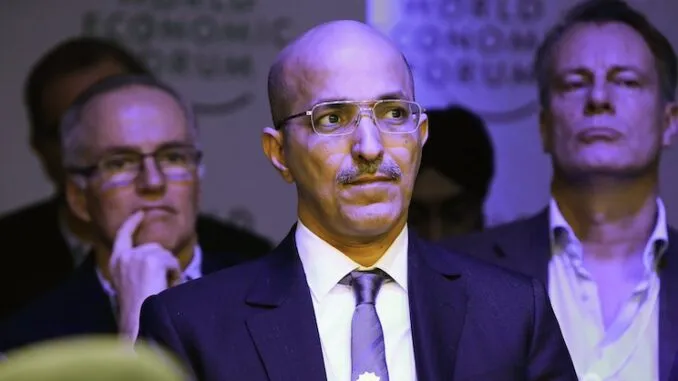In a recent interview, Linda Yaccarino, the newly appointed CEO of X, made headlines with her remarks about the company's approach to content moderation and free speech on the platform. Yaccarino, who is also a contributor to the World Economic Forum (WEF) agenda, discussed X's actions in shadow-banning users who express non-mainstream opinions and the alleged censorship of conservative voices. In this article, we delve into Yaccarino's statements, the implications of her words, and the broader debate surrounding freedom of speech and social media platforms.
The Shadow-Banning Controversy
Yaccarino revealed that X has been shadow-banning speech by users who express non-mainstream opinions. This practice has raised concerns about the platform's commitment to free speech, as it appears to limit the visibility of certain viewpoints. Let's explore Yaccarino's stance on this issue.
Yaccarino's Ambiguous Stance on Free Speech
During the interview, Yaccarino's position on free speech seemed to fluctuate. At times, she echoed Elon Musk's support for free speech, while at other moments, she appeared to endorse content moderation. Her tendency to divert the conversation away from free speech also drew attention. This oscillation has led to questions about the politicization of free speech and the role of tech giants in shaping public discourse.
The Conundrum of Politicizing Free Speech
Yaccarino expressed bewilderment at the idea of politicizing freedom of speech, emphasizing that it is a foundational core value of the United States. However, her repeated use of the phrase "freedom of speech, not reach" has sparked criticism. This phrase implies that X will exert control over which voices are heard on the platform, a concerning prospect when entrusted to moderators with specific ideological leanings.
The Enigmatic Notion of "Lawful but Awful" Speech
Yaccarino further complicated matters by suggesting that X is successfully restricting "awful" speech, even if it doesn't violate any laws. She left the definition of "awful" vague, leaving users in the dark about what qualifies as such and who makes that determination. This ambiguity has fueled debates over censorship and the limits of individual expression.
The Elon Musk Factor
Elon Musk's shifting political affiliations and alignment with conservatives have added fuel to the debate over the politicization of free speech. Yaccarino's interview occurred in the context of Musk's ongoing feud with the Anti-Defamation League (ADL), which called for increased censorship on X. Musk's claims of a significant drop in advertising revenue due to ADL pressure have further complicated the situation.
The ADL's Role in the Debate
Yaccarino's meeting with Jonathan Greenblatt, the head of the ADL, also raised eyebrows. While both parties described the meeting as productive, Musk's threat to sue the ADL for alleged revenue loss underscores the tension between content moderation and freedom of expression.
Preparing for the 2024 Presidential Election
With the critical 2024 presidential election on the horizon, Yaccarino emphasized the importance of safeguarding the platform against manipulation and inauthentic accounts. This commitment to maintaining a vigilant stance against emerging threats leaves open questions about the potential impact on information sharing during the election.
Conclusion
In a rapidly evolving digital landscape, Linda Yaccarino's statements and X's policies regarding free speech and content moderation continue to spark debates and discussions. The balance between safeguarding against harmful content and preserving the principles of free expression remains a formidable challenge for social media platforms. As we move forward, the evolution of these policies and their implications for public discourse will undoubtedly remain in the spotlight.
Support My Journey 
If you’ve enjoyed this article, please consider donating! I’m saving up to buy a used car to keep my travels (and stories) rolling. Every little bit helps — and is deeply appreciated. GoGetFunding



